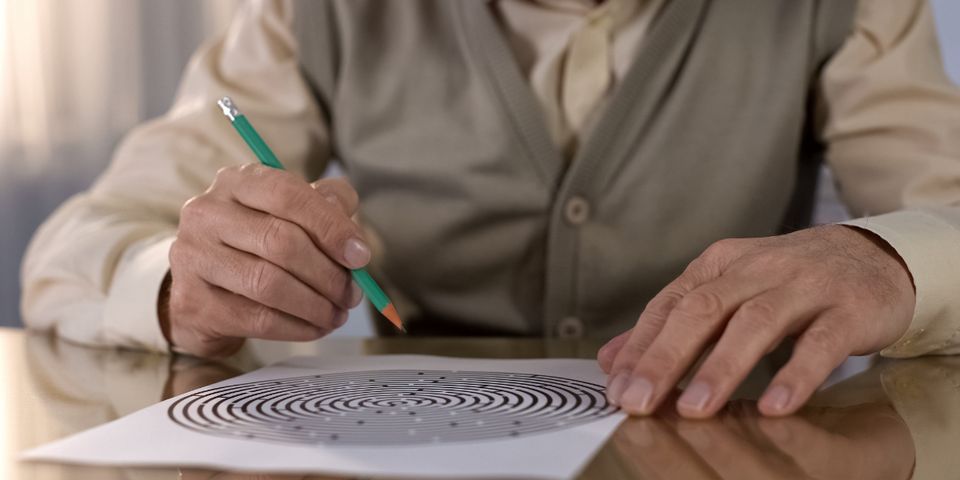A Guide to Seeking a Neurologist’s Help for a Loved One with Dementia

Dementia is one of the most widespread health issues faced by seniors, affecting more than 60% of people over the age of 80 nationwide. While it’s possible to ensure an older loved one lives a fulfilling, active life with the help of a dementia care specialist, it’s first necessary to have a neurologist test them for signs of memory and cognitive issues. Here's a closer look at finding a specialist and preparing for the appointment.
How to Find a Neurologist
A neurologist is a doctor who specializes in diagnosing and treating conditions of the brain, spinal cord, and central nervous system in general. Generally, the best way to find one is by asking for referrals from your parent’s primary care physician.
Once you have a list of candidates, research their credentials, training, experience, and reviews from previous patients. Communication skills are also important, as a good neurologist will be able to convey complex ideas in easily understood language. Consider choosing a doctor of the same gender as your parent, as your parent may need to discuss sensitive, gender-related information with them and should feel comfortable enough to do so.

Once you’ve narrowed the list down to the final candidates, call their office to make an initial appointment. It may take anywhere from a week to several months to see a neurologist, so consider having a second and even third choice if your loved one is in urgent need of attention.
What to Expect at the Appointment
A neurologist will begin by examining your relative’s physical and mental health history, current mental health status, and abilities to count, draw, or respond to questions about general knowledge. An example of a simple test they might be asked to perform is drawing a clock on a blank sheet of paper or solving a maze.
Collectively, these tests are known as the mini-mental state exam, which has a maximum score of 30 points. A score of 20 to 24 will suggest mild dementia, and anything less than 12 will likely be diagnosed as severe.
The specialist will then conduct tests to examine reflexes, muscle strength and tone, coordination, and gait. Based on these basic pieces of information, the doctor may then decide to schedule additional tests or examinations.
Alternatively, they might get in touch with you after several days with an assessment of your parent’s overall neurological health. Based on this assessment, they might recommend resources for dementia care, modifications of your parent’s living environment or daily schedule, or a follow-up appointment several months later.
If a neurologist has recommended that your older parent seek dementia care services, turn to Magnolia Hills in Demorest, GA. This assisted living community is committed to providing a comfortable, supportive environment for seniors with memory or cognitive issues and offering compassionate, respectful treatment. Call (706) 839-7016 to discuss your loved one’s needs or schedule a tour. Visit their website to learn more about the community.
About the Business
Have a question? Ask the experts!
Send your question

